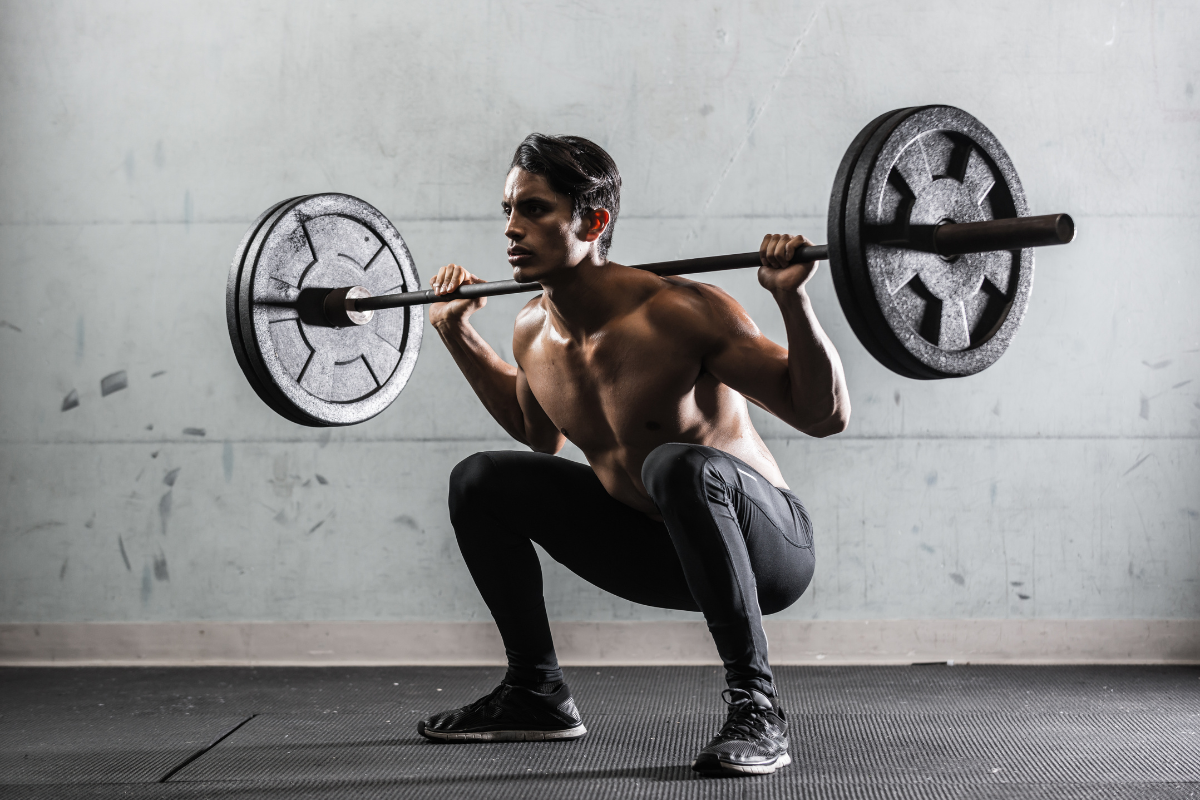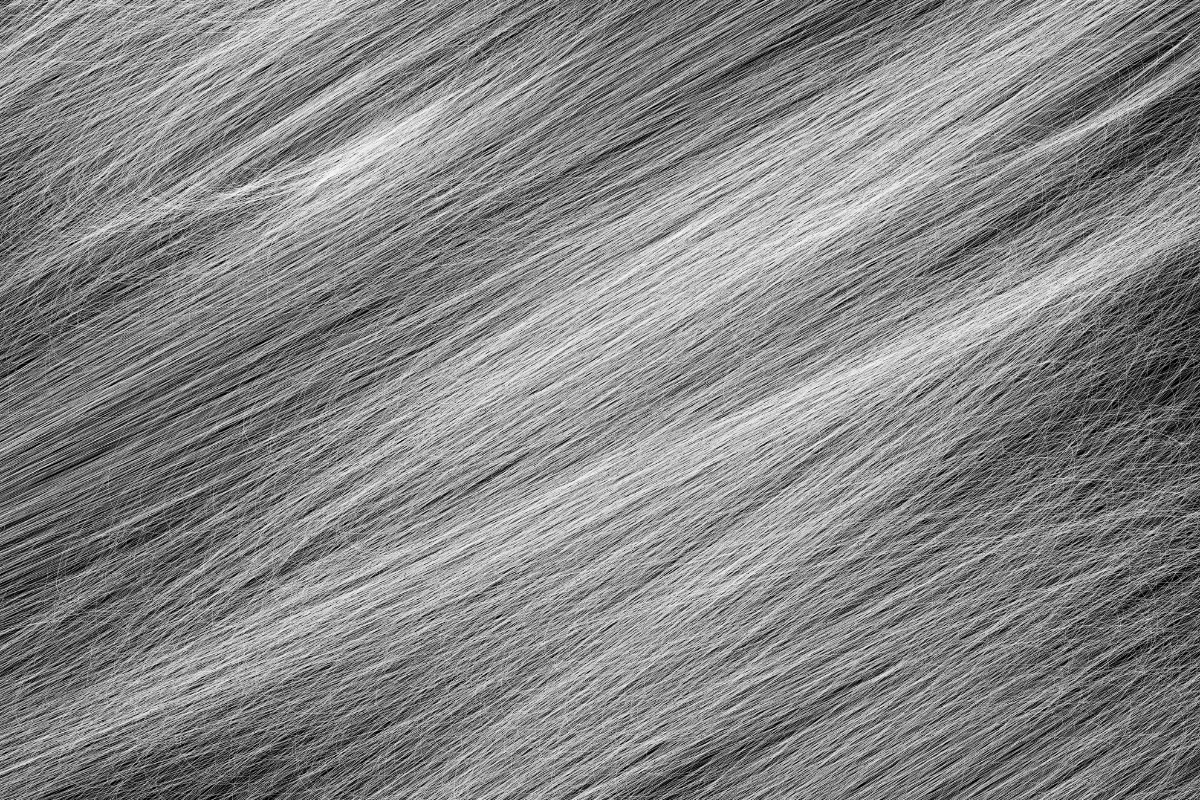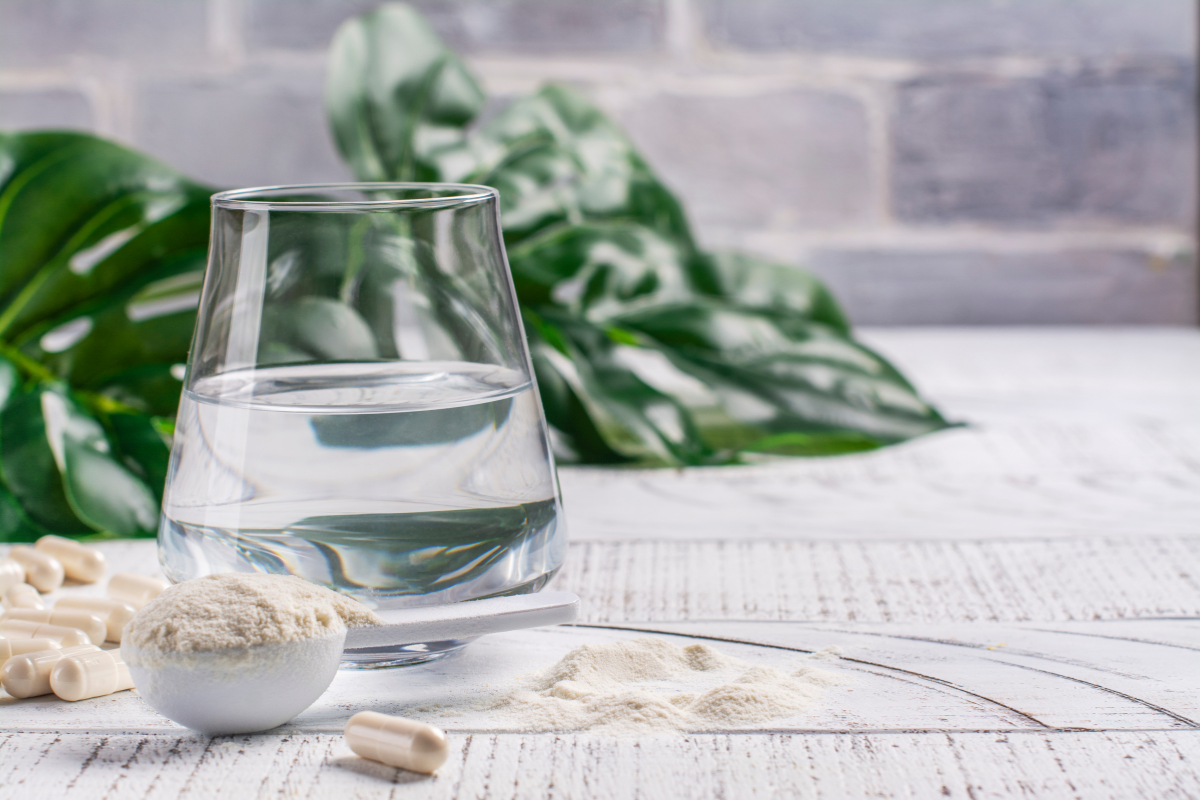Collagen & dietary supplements for training

Collagen & dietary supplements for training
The best natural supplements without additives with vitamins, minerals, collagen and adaptogens for training
If you enjoy working out, you've probably seen a variety of supplements online with claims to improve strength, endurance, and athletic performance. However, it can be difficult to determine when and if you need a supplement, as well as which ones can actually contribute to improving your training.
Dietary supplements can offer significant benefits to exercise performance, especially in competitive athletes or those who train hard.
If you choose to take a supplement to boost your performance during a workout, it's best to stick with those that have benefits backed by research. We have food supplements with vitamins and minerals as well as collagen for your training.
Collagen supplements, vitamins and minerals for training
Can collagen increase physical performance and build bigger and stronger muscles?
If you are an athlete or bodybuilder, it should interest you that collagen can help build bigger and stronger muscles. Two studies were conducted by German and Japanese researchers to test this.
A German study was done on men, with collagen peptides versus placebo. For three months, they consumed collagen peptides and performed regular resistance training. Ultimately, the men in the collagen group had a greater increase in muscle mass.
Another study by Japanese researchers tested whether a combination of hydroxyproline and glycine from, among other things, collagen peptides could be the reason for the German study results. They tested this on muscle cells and found that the cells actually grew larger from the collagen supplement.
As if bigger muscles weren't enough, the arginine content of collagen also plays a role in training. Studies were also conducted on this amino acid and concluded that arginine taken during exercise increases both strength and body mass and reduces the breakdown of collagen. In addition, arginine stimulates the production of growth hormone, which is responsible for muscle growth .
Why is collagen good for exercise?
Arginine (amino acid) increases blood flow and delivers oxygen and nutrients to skeletal muscle; acts as a substrate for creatine production; increases the secretion of human growth hormone to stimulate muscle growth. This amino acid is found in all our collagen supplements.
The branched-chain amino acids (leucine, isoleucine and valine) are metabolized by mitochondria in skeletal muscle to provide energy during exercise, as well as greater increases in muscle mass and strength during physical exercise. These amino acids are found in all our collagen supplements.
Why is collagen good for muscles?
Protein/collagen builds up, maintains and repairs muscles. Protein/collagen is found in all our collagen supplements.
Can collagen help with joint pain during exercise?
Cartilage is made up of approximately 60% collagen, so by increasing collagen levels, you can support cartilage health in your joints and protect your bones from the high-impact movements often performed during exercise.
Collagen supplements can improve the function of the joints and possibly reduce the breakdown of the joints. Therefore, a collagen supplement is a good dietary supplement for those who exercise as it counteracts joint pain after exercise. A collagen supplement can also improve your flexibility during your workout, by counteracting stiff joints.
Is collagen good for muscles?
As an important protein found in skeletal muscle, collagen contributes to the maintenance and growth of muscle mass.
Can collagen improve recovery after your workout?
After a workout, protein is broken down in the muscles. This is then followed by a period of protein synthesis which is important for enhancing muscle growth. This effect is supported by a protein intake, which means that increased collagen intake after training can increase and support muscle growth. This can also improve the repair and recovery of your muscles, leading to less soreness and soreness the next day.
Can Collagen Help Lose Weight With Exercise?
By taking a dietary supplement with collagen after a workout, body composition, muscle strength and fat burning are improved.
Also, since protein can keep us full longer, supplementing with collagen can reduce our caloric intake throughout the day. This can lead to weight loss, which combined with increased muscle mass gives you a body with more muscle and less fat.
Should I take collagen before or after a workout?
You can take collagen at any time of the day to replenish your levels. However, studies show that collagen's high amino acid content makes it an excellent post-workout choice.
What collagen supplements should I take?
Celloptimum's collagen range consists of a variety of options to suit each individual, depending on what you are looking for. You can find all our collagen supplements here.
Is vitamin C a good supplement when exercising?
Antioxidants such as vitamin C minimize damage from free radicals on skeletal muscle and thereby reduce muscle fatigue, inflammation and soreness. We add vitamin C to almost all of our food supplements.
Is it good to eat extra L-glutamine during training?
Glutamine (amino acid) is involved in metabolism and energy production; contributes nitrogen to many critical biochemical reactions, aids in the recovery of muscle strength and reduces muscle soreness after exercise. This amino acid is found in our product COLLAGEN PREBIOTICS + L-GLUTAMINE.
Iron increases oxygen uptake, decreases heart rate and decreases lactate concentrations during exercise. Iron is an important mineral that helps transport oxygen from the lungs to the rest of the body. We need adequate oxygen transport for our muscles to perform work. Iron is especially important for athletes because of the high work demands placed on their muscles during training and competition.
Can ashwagandha increase endurance during a workout?
Ashwagandha KSM-66® Is useful in physical exhaustion and to improve speed, lower limb muscle strength and neuromuscular coordination. The herb also contributes to energy, endurance and increased muscle mass during exercise. You can find Ashwagandha KSM-66® in our dietary supplement COLLAGEN - SLEEP & RELAX WITH KSM-66 ASHWAGANDHA®.
Is ashwagandha good for exercise?
Research has shown that supplementation with ashwagandha can have positive effects on physical performance and can be a valuable dietary supplement for athletes.
An analysis of 12 different research studies on men and women who took ashwagandha at doses between 120 mg and 1250 mg per day showed that the herb can improve physical performance, including strength and oxygen utilization during exercise.
An analysis of five studies showed that taking ashwagandha significantly improved maximal oxygen consumption (VO2 max) in healthy adults and athletes.
VO2 max is the maximum amount of oxygen a person can use during intense activity. It is a measure of heart and lung fitness.
Having an optimal VO2 max is important for athletes and non-athletes alike. Low VO2 max is associated with increased mortality risk, while higher VO2 max is associated with a lower risk of heart disease.
Can ashwagandha increase muscle strength during exercise?
Ashwagandha help increase muscle strength. In one study, male participants who took ashwagandha daily and did weight training for 8 weeks had significantly better results in muscle strength and size compared to a placebo group.
Ashwagandha can help improve physical performance in athletes and healthy adults, including increasing VO2 max and strength.
Why is folic acid an important dietary supplement when exercising?
Folic acid/folate - Quatrefolic® plays an important role in making DNA. It plays an important role in the production of red blood cells and tissue repair. Folate is especially important for athletes, who have a high turnover rate of red blood cells due to stress during exercise. Adequate folate status is important for people who exercise as well as athletes because it has a direct role in the synthesis of new cells, especially in tissues with rapid turnover, and in the repair of damaged cells and tissues. Quatrefolic® is therefore an essential nutrient for exercisers, athletes, bodybuilders and fitness enthusiasts.
Why is vitamin B12 good for increased performance during exercise?
Vitamin B12 (cobalamin) is one of the lesser known vitamins, but is essential for health and normal function. It is particularly important for athletes, as it helps support energy metabolism and is important for blood health: in particular, a deficiency can lead to pernicious anemia.
Can MCT Fat Increase Endurance When You Exercise?
MCT fat can be quickly used by the muscles at the same time and can save the body's glycogen stores. Glycogen is the storage form of carbohydrates that is an important fuel source for both endurance and resistance training. Because the body can use MCTs first and save the muscle glycogen, endurance is therefore improved. You can find MCT fat together with collagen/protein in our dietary supplement COLLAGEN - KETO DIET + MCT FAT.
Can iron deficiency affect training results?
Athletes and those who exercise on a daily basis may experience the following symptoms as a result of iron deficiency, especially with anemia (lack of blood): weakness, general tiredness/exhaustion, reduced exercise performance, increased heart rate and shortness of breath during exercise, headache and dizziness.
How does vitamin D affect your training?
Increased vitamin D levels provide several musculoskeletal benefits. The musculoskeletal system, also called the musculoskeletal system. The musculoskeletal system, or organs of movement, is, in the human body, the system of supporting tissues, bones and ligaments, which make up the body's frame, the joints that make the movements possible, and the muscles that perform the movements. The locomotor system also includes its supply system, the circulatory system of the blood, and its controlling system, the nervous system.
Increases in muscle protein synthesis, ATP concentration, strength, jump height, jump speed, jump power, exercise capacity and physical performance are achieved with increased vitamin D levels.
Can a lack of zinc lead to poorer performance during training?
Zinc deficiency in physically active people leads to a reduction in carbonic anhydrase activity in the red blood cells, which impairs metabolic reactions during exercise and contributes to a lower physical performance. A dietary supplement with zinc in case of zinc deficiency can therefore improve physical performance during exercise.
Can the b vitamin biotin increase energy when exercising?
Biotin helps your body produce energy in your cells. Biotin helps convert fat, carbohydrates and protein into a useful form of energy in the body. So if you are deficient in this vitamin, you may feel tired and lack energy.








